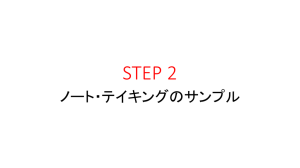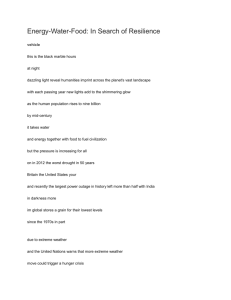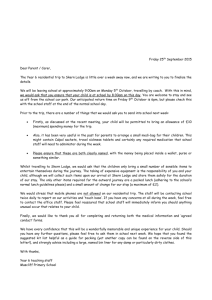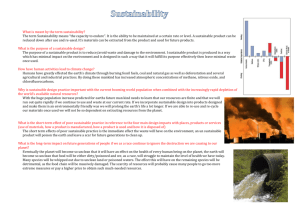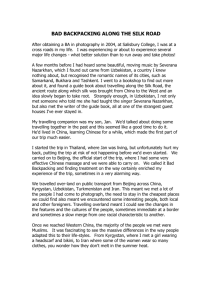Young Digital Planet 2014 – Core Curriculum for English
advertisement
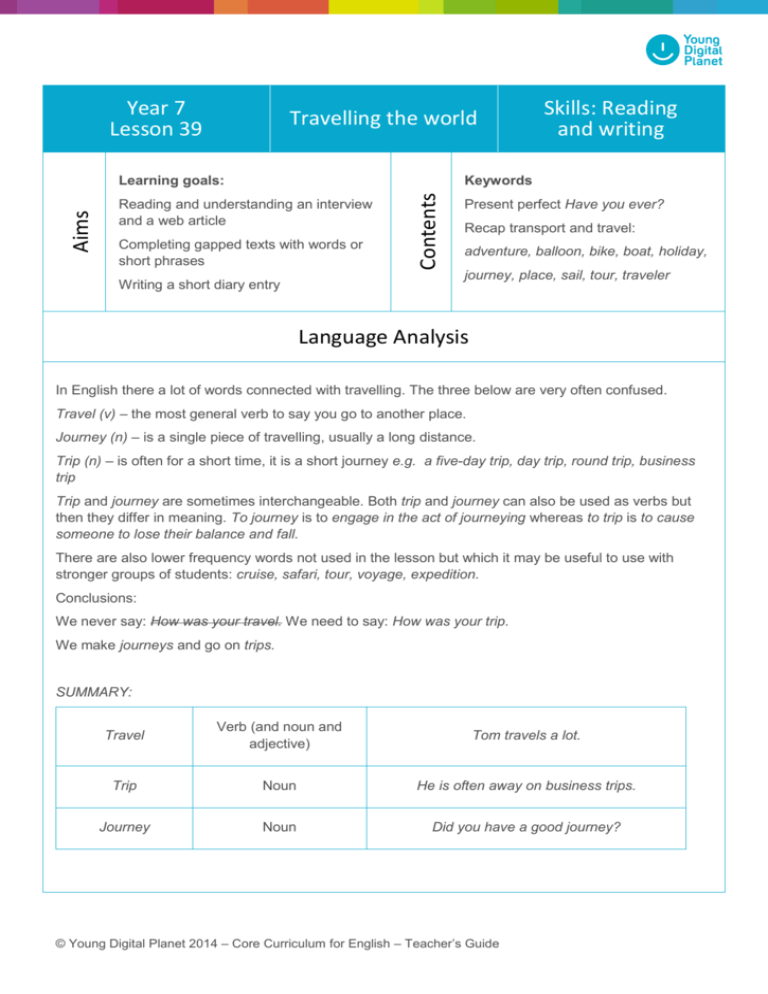
Year 7 Lesson 39 Travelling the world Keywords Reading and understanding an interview and a web article Completing gapped texts with words or short phrases Writing a short diary entry Contents Aims Learning goals: Skills: Reading and writing Present perfect Have you ever? Recap transport and travel: adventure, balloon, bike, boat, holiday, journey, place, sail, tour, traveler Language Analysis In English there a lot of words connected with travelling. The three below are very often confused. Travel (v) – the most general verb to say you go to another place. Journey (n) – is a single piece of travelling, usually a long distance. Trip (n) – is often for a short time, it is a short journey e.g. a five-day trip, day trip, round trip, business trip Trip and journey are sometimes interchangeable. Both trip and journey can also be used as verbs but then they differ in meaning. To journey is to engage in the act of journeying whereas to trip is to cause someone to lose their balance and fall. There are also lower frequency words not used in the lesson but which it may be useful to use with stronger groups of students: cruise, safari, tour, voyage, expedition. Conclusions: We never say: How was your travel. We need to say: How was your trip. We make journeys and go on trips. SUMMARY: Travel Verb (and noun and adjective) Tom travels a lot. Trip Noun He is often away on business trips. Journey Noun Did you have a good journey? © Young Digital Planet 2014 – Core Curriculum for English – Teacher’s Guide Vocabulary in the lesson include: adventure /ədˈventʃə(r)/ adventurer /ədˈventʃ(ə)rə(r)/ balloon /bəˈluːn/, a balloon flight bike /baɪk/, travel by bike boat /bəʊt/, a boat trip holiday /ˈhɒlɪdeɪ/ journey /ˈdʒɜː(r)ni/ place /pleɪs/ sail /seɪl/, sail from… through… tour /tʊə(r)/ traveler (AmE), traveler (BrE) /ˈtræv(ə)lə(r)/ view /vjuː/ Other useful geographical words from the lesson: Mediterranean /ˌmedɪtəˈreɪniən/ Pacific /pəˈsɪfɪk/ Japan /dʒə-ˈpan/ Russia /ˈrʌ-shə/ Have you ever…? It is very common to ask present perfect questions with ever to ask about life experience: Have you ever cycled to school? Ever means ‘from the time you were born until now’. It helps to talk about life experiences in general and it means you do not have to say when exactly you did it. The focus is on the experience itself not on the time of the action. Present perfect vs Past simple: When we first ask about life experiences it is the present perfect that we normally use: Have you ever been snorkelling? But when we want to ask about details we normally use the past simple: Where did you do it? Present Perfect: revision We use the present perfect tense to talk about an action that: © Young Digital Planet 2014 – Core Curriculum for English – Teacher’s Guide - is finished and: 1) happened at an unspecified time before now and the exact time is not really important: I have seen Tom this week. (This week could be any day from Monday to Sunday – but it is not really important here when, what is important is that they have met). 2) is our life experience that has influenced us till now: I have driven a sports car twice in my life. 3) is an action results of which can still be seen: Tom has broken his leg. (Probably he cannot walk properly now). - has not finished yet I have learnt English for 20 years. (I started 20 years ago and I am still doing this). (who?) personal pronoun, name etc. He have / has has past participle gone © Young Digital Planet 2014 – Core Curriculum for English – Teacher’s Guide the rest of the sentence to school. Procedure Lead-in Key: No objective answer, students will read screen 2 to find out. Ask students to read the introduction. Ask if they can guess what is special about Sarah. Extension: If appropriate, ask students: How many countries have you been to? In stronger groups encourage students to say a few words about their trips. © Young Digital Planet 2014 – Core Curriculum for English – Teacher’s Guide Main input Key: 1. You’ve travelled a lot. Where have you been to? 2. Wow! Was that difficult? 3. How did you first start travelling? 4. What’s the best place you’ve been to? 5. Have you ever wanted to stop travelling and do a normal job? 6. Where are you going to go next? Extension: Before you go to the digital screen ask students to work in pairs and groups. Encourage students to come up with a list of questions they would like to ask if they were given a chance to interview a great traveler. In stronger groups, ask students to give 2-5 names of famous travellers they know and admire. Ideally, students could first check this on the internet and then report to the class: their name, places their travelled, when (century), biggest achievement, e.g. Captain James Cook, Zuanzang, Sir Richard Burton, Ibn Battuta, Charles Darwin, Fridtjof Nansen, Yuri Gagarin etc. © Young Digital Planet 2014 – Core Curriculum for English – Teacher’s Guide Ask students to read and match the questions to the answers. © Young Digital Planet 2014 – Core Curriculum for English – Teacher’s Guide Practice 1 Key: 1 been 2 by 3 The 4 ever 5 but 6 on 7 from 8 there 9 were 10 Have 11 about 12 at 13 about The aim of the screen is to complete the text with the missing words. Ask students to read and complete the text. Extension: In weaker groups write all of the words on the board so that students can choose from the list: about (x2), at, been, but, on, by, ever, from, have, the, there, were © Young Digital Planet 2014 – Core Curriculum for English – Teacher’s Guide Practice 2 Key: 1 Yes 2 Yes 3 Don’t know 4 No 5 No 6 Don’t know The aim of the screen is to practise reading for specific information. Ask students to read and choose the correct answer. Extension: Ask a few questions to see how much students remember from the text: How many times has she been around the world? Twice. How many kilometers did she cycle? 16 000km. When did she start cycling? When she was 16. What is her favourite place? Norway. What is she planning to do next? She is planning to travel around the world in a balloon. © Young Digital Planet 2014 – Core Curriculum for English – Teacher’s Guide Practice 3 Key: 1 around 2 took 3 since 4 been 5 said 6 Nobody 7 next Before you ask students to read, enlarge the picture and ask students to guess what the short text is going to be about. Ask students to read and choose the correct words. © Young Digital Planet 2014 – Core Curriculum for English – Teacher’s Guide Practice 4 Key: 1 third 2 two weeks 3 by balloon 4 to start another 5 to plan Extension: Before you look at the digital screen ask students to say as much as they can remember about Sarah. Use the following questions: How old is she? 22. Which journey is this one? The third. How many weeks did it take her? Two. When did she start travelling? When she was 16. Go to the digital screen Practice 4. Ask students to read and complete the sentences. In weaker groups you may write the missing words on the table so that students know what to choose from: by balloon third two weeks to plan to start another © Young Digital Planet 2014 – Core Curriculum for English – Teacher’s Guide Practice 5 Key: Spain Ask students to read and answer which country Sarah is in. Extension: Ask students about Spain and what this country if famous for. Ideally they should say: Madrid, paella, football (Real Madrid, Christiano Ronaldo), tapas, flamenco, la Tomatina festival, siestas, bull fights. If appropriate ask students to search on the internet to provide a brief summary of what Spain is famous for. Writing: Handout Teachers could first ask students to brainstorm the locations they would like to write about, or provide inspiration in the form of pictures/web links, etc. Ask students to write a similar postcard from a dream place or real place they really visited. © Young Digital Planet 2014 – Core Curriculum for English – Teacher’s Guide English to take away Key: (From left to right) 1 snorkeling 2 a plane 3 skiing 4 a balloon 5 lost 6 strange food Ask students to label the pictures. Extension: Ask students to work in pairs, ask and answer the questions about their life experiences: Have you ever been snorkelling? (Present Perfect continuous) Where did you do it? (Past Simple) In weaker groups make sure students know which verbs they should use for each of the pictures and elicit: be snorkeling, fly a plane, go skiing, travel by a balloon, get lost, eat strange food. © Young Digital Planet 2014 – Core Curriculum for English – Teacher’s Guide Handout © Young Digital Planet 2014 – Core Curriculum for English – Teacher’s Guide
